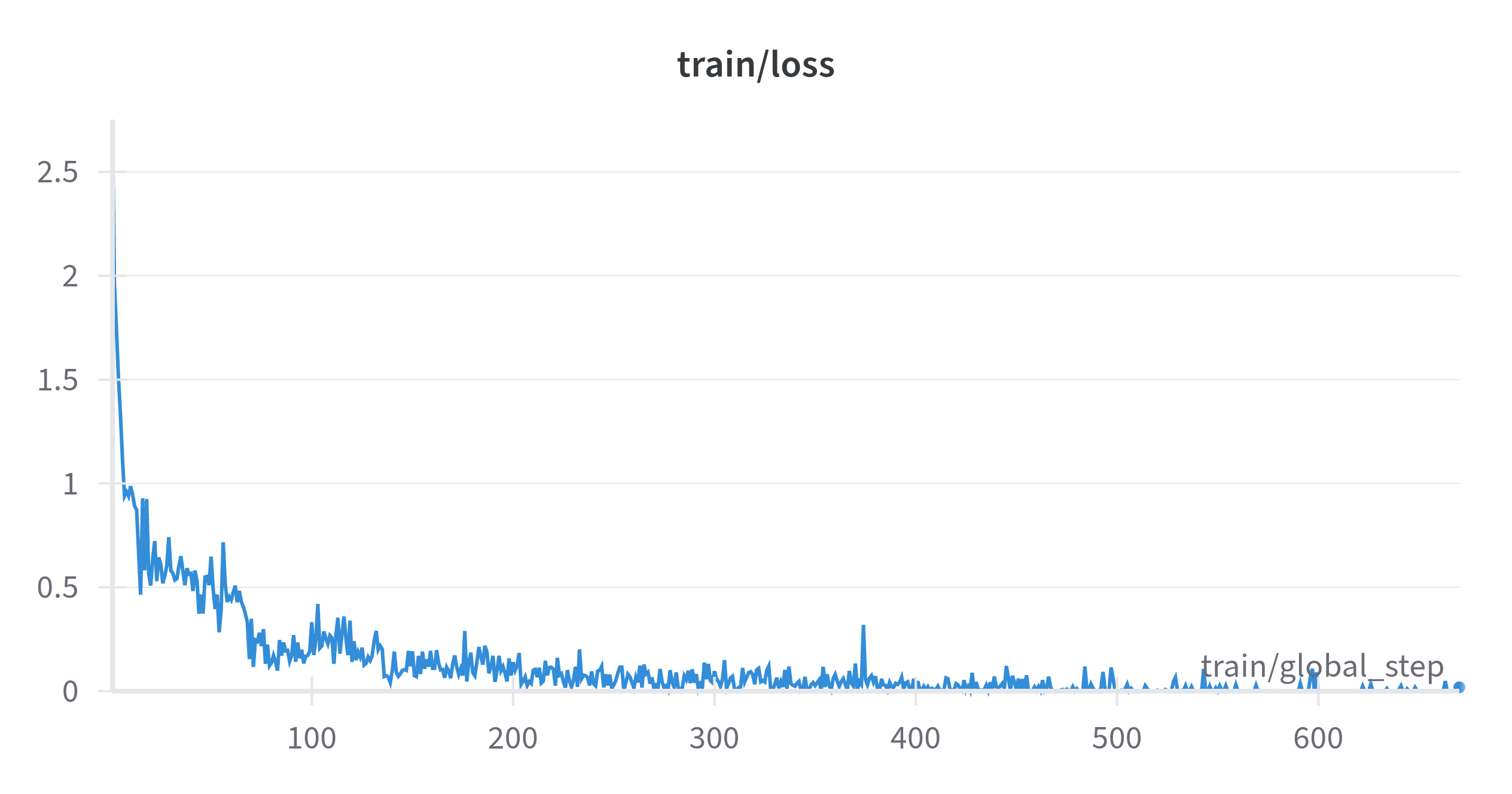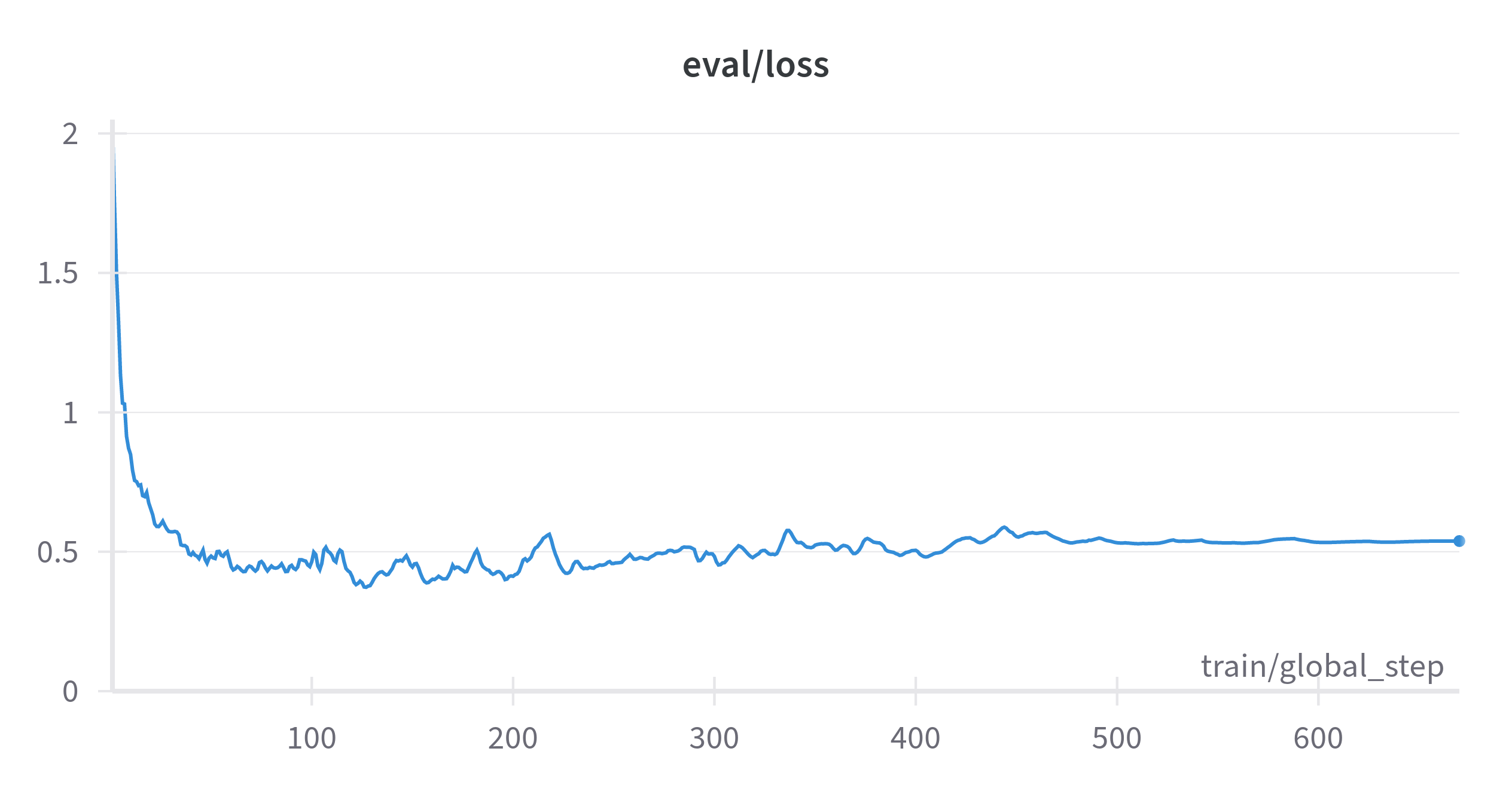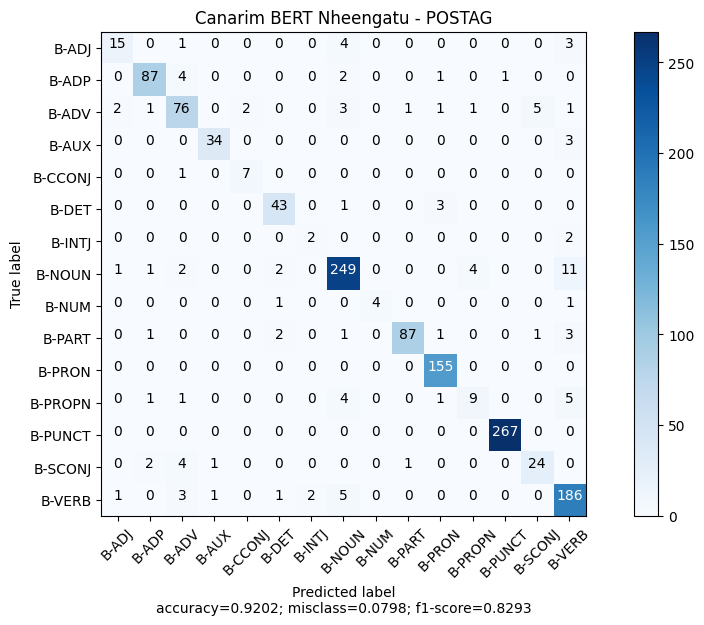---
language:
- yrl
license: cc-by-nc-4.0
pipeline_tag: token-classification
tags:
- named-entity-recognition
- Transformer
- pytorch
- bert
- nheengatu
metrics:
- f1
- precision
- recall
model-index:
- name: canarim-bert-postag-nheengatu
results:
- task:
type: named-entity-recognition
dataset:
type: UD_Nheengatu-CompLin
name: UD Nheengatu CompLin
metrics:
- type: f1
value: 82.93
name: F1 Score
- type: accuracy
value: 92.02
name: Accuracy
- type: recall
value: 81.35
name: Recall
widget:
- text: "Apigawa i paya waá umurari iké, sera José."
- text: "Asú apagari nhaã apigawa supé."
- text: "― Taukwáu ra."
- text: "Asuí kwá mukũi apigawa-itá aintá usemu kaá kití aintá upurakí arama balata, asuí mairamé aintá usika ana iwitera rupitá-pe, ape aintá umaã siya kumã iwa-itá."
---
# Canarim-Bert-PosTag-Nheengatu

## About
The `canarim-bert-posTag-nheengatu` model is a part-of-speech tagging model for the Nheengatu language, trained using the `UD_Nheengatu-CompLin` dataset available on [github](https://github.com/UniversalDependencies/UD_Nheengatu-CompLin/). It is based on the tokenizer and the [`Canarim-Bert-Nheengatu`](https://huggingface.co/dominguesm/canarim-bert-nheengatu) model.
## Supported Tags
The model can identify the following grammatical classes:
|**tag**|**abbreviation in glossary**|**expansion of abbreviation**|
|-------|-----------------------------|-----------------------------|
|ADJ|adj.|1st class adjective|
|ADP|posp.|postposition|
|ADV|adv.|adverb|
|AUX|aux.|auxiliary|
|CCONJ|cconj.|coordinating conjunction|
|DET|det.|determiner|
|INTJ|interj.|interjection|
|NOUN|n.|1st class noun|
|NUM|num.|numeral|
|PART|part.|particle|
|PRON|pron.|1st class pronoun|
|PROPN|prop.|proper noun|
|PUNCT|punct.|punctuation|
|SCONJ|sconj.|subordinating conjunction|
|VERB|v.|1st class verb|
## Training
### Dataset
The dataset used for training was the [`UD_Nheengatu-CompLin`](https://github.com/UniversalDependencies/UD_Nheengatu-CompLin/), divided into 80/10/10 proportions for training, evaluation, and testing, respectively.
```
DatasetDict({
train: Dataset({
features: ['id', 'tokens', 'pos_tags', 'text'],
num_rows: 1068
})
test: Dataset({
features: ['id', 'tokens', 'pos_tags', 'text'],
num_rows: 134
})
eval: Dataset({
features: ['id', 'tokens', 'pos_tags', 'text'],
num_rows: 134
})
})
```
### Hyperparameters
The hyperparameters used for training were:
* `learning_rate`: 3e-4
* `train_batch_size`: 16
* `eval_batch_size`: 32
* `gradient_accumulation_steps`: 1
* `weight_decay`: 0.01
* `num_train_epochs`: 10
### Results
The training and validation loss over the steps can be seen below:


The model's results on the evaluation set can be viewed below:
```
{
'eval_loss': 0.5337784886360168,
'eval_precision': 0.913735899137359,
'eval_recall': 0.913735899137359,
'eval_f1': 0.913735899137359,
'eval_accuracy': 0.913735899137359,
'eval_runtime': 0.1957,
'eval_samples_per_second': 684.883,
'eval_steps_per_second': 25.555,
'epoch': 10.0
}
```
### Metrics
The model's evaluation metrics on the test set can be viewed below:
```
precision recall f1-score support
ADJ 0.7895 0.6522 0.7143 23
ADP 0.9355 0.9158 0.9255 95
ADV 0.8261 0.8172 0.8216 93
AUX 0.9444 0.9189 0.9315 37
CCONJ 0.7778 0.8750 0.8235 8
DET 0.8776 0.9149 0.8958 47
INTJ 0.5000 0.5000 0.5000 4
NOUN 0.9257 0.9222 0.9239 270
NUM 1.0000 0.6667 0.8000 6
PART 0.9775 0.9062 0.9405 96
PRON 0.9568 1.0000 0.9779 155
PROPN 0.6429 0.4286 0.5143 21
PUNCT 0.9963 1.0000 0.9981 267
SCONJ 0.8000 0.7500 0.7742 32
VERB 0.8651 0.9347 0.8986 199
micro avg 0.9202 0.9202 0.9202 1353
macro avg 0.8543 0.8135 0.8293 1353
weighted avg 0.9191 0.9202 0.9187 1353
```

## Usage
The use of this model follows the common standards of the [transformers](https://github.com/huggingface/transformers) library. To use it, simply install the library and load the model:
```python
from transformers import pipeline
model_name = "dominguesm/canarim-bert-postag-nheengatu"
pipe = pipeline("ner", model=model_name)
pipe("Yamunhã timbiú, yapinaitika, yamunhã kaxirí.", aggregation_strategy="average")
```
The result will be:
```json
[
{"entity_group": "VERB", "score": 0.999668, "word": "Yamunhã", "start": 0, "end": 7},
{"entity_group": "NOUN", "score": 0.99986947, "word": "timbiú", "start": 8, "end": 14},
{"entity_group": "PUNCT", "score": 0.99993193, "word": ",", "start": 14, "end": 15},
{"entity_group": "VERB", "score": 0.9995308, "word": "yapinaitika", "start": 16, "end": 27},
{"entity_group": "PUNCT", "score": 0.9999416, "word": ",", "start": 27, "end": 28},
{"entity_group": "VERB", "score": 0.99955815, "word": "yamunhã", "start": 29, "end": 36},
{"entity_group": "NOUN", "score": 0.9998684, "word": "kaxirí", "start": 37, "end": 43},
{"entity_group": "PUNCT", "score": 0.99997807, "word": ".", "start": 43, "end": 44}
]
```
## License
The license of this model follows that of the dataset used for training, which is [CC BY-NC-SA 4.0](https://creativecommons.org/licenses/by-nc-sa/4.0/legalcode). For more information, please visit the [dataset repository](https://github.com/UniversalDependencies/UD_Nheengatu-CompLin/tree/master).
## References
```bibtex
@inproceedings{stil,
author = {Leonel de Alencar},
title = {Yauti: A Tool for Morphosyntactic Analysis of Nheengatu within the Universal Dependencies Framework},
booktitle = {Anais do XIV Simpósio Brasileiro de Tecnologia da Informação e da Linguagem Humana},
location = {Belo Horizonte/MG},
year = {2023},
keywords = {},
issn = {0000-0000},
pages = {135--145},
publisher = {SBC},
address = {Porto Alegre, RS, Brasil},
doi = {10.5753/stil.2023.234131},
url = {https://sol.sbc.org.br/index.php/stil/article/view/25445}
}
```




